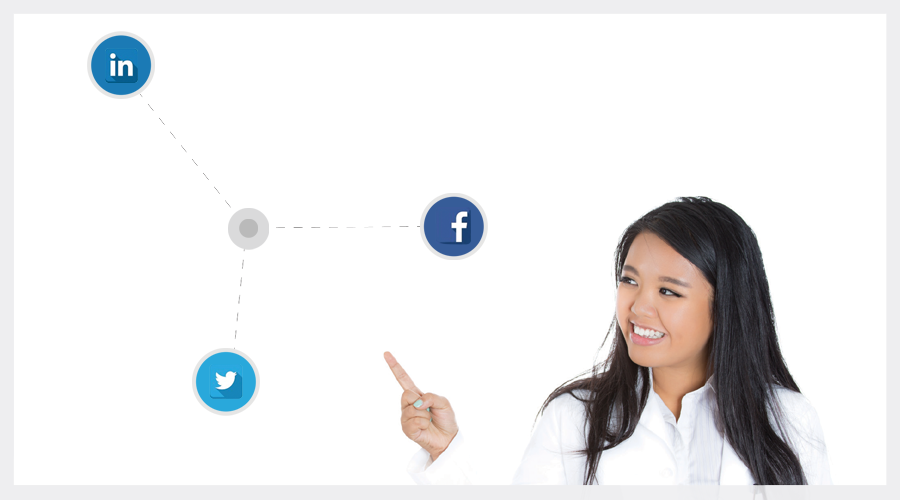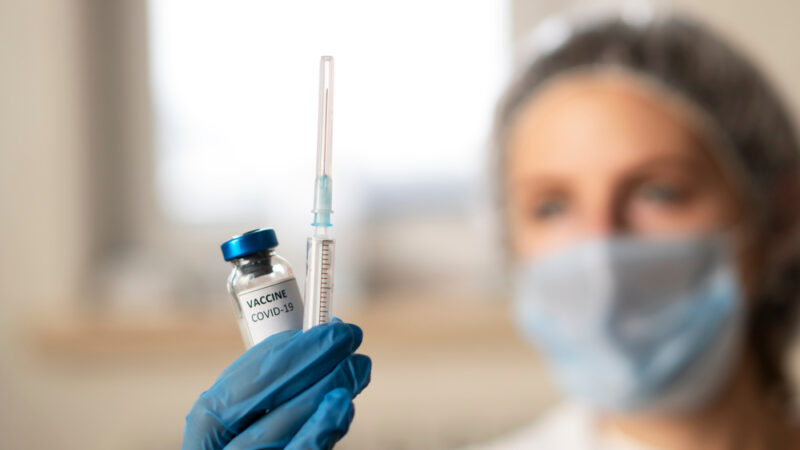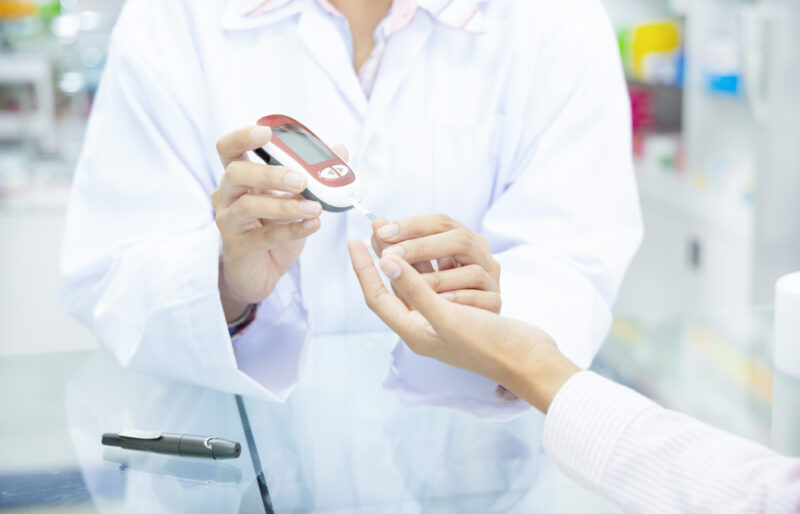Social media is a great way to market your pharmacy, engage with your patients and connect with others in your profession.
While it’s fun to interact with your patients in a new way, it’s necessary to be aware of the potential implications of what you do online.
Social media is a key part of keeping your pharmacy up-to-date today, but it only takes one offensive, inappropriate or poorly-timed post to lose patients and damage the reputation of your business.
Here are some tips on what not to do on social media. With these guidelines, you can be confident that what you post is appropriate, inviting and effective in marketing your pharmacy.
1. Don’t provide individual health advice
Today, more of your patients than ever are using the Internet to get their health information. Forty percent of consumers say that information they find online affects how they deal with their health, and up to 90 percent of 18 to 24-year-olds alone would trust medical information shared on social media, according to information from Allied Health World.
As social media is increasingly accepted as a reliable medium for healthcare information and advice, you might have patients contact you via social media about their own health conditions. While posting general health tips on your pages can be a good way to educate and engage your followers, providing specific tips geared toward individual patients, or answering a patient’s question about their specific health situation, is risky.
When you do this, you’ve established a patient-pharmacist relationship, and one that is subject to all the regulations and liability of a face-to-face interaction. Bad outcomes as a result of your online advice could have serious legal implications for your pharmacy.
The American Society of Health-System Pharmacists (ASHP) advises pharmacists to only provide clinical advice when a complete patient history is known and available to you. Instead of discussing patients’ health concerns on social media, respond by encouraging them to give you a call or stop in your pharmacy, where you will be better able to understand their questions, and better suited to give advice.
2. Don’t risk your professional reputation
Social media can build positive attention for your pharmacy, but unfortunately, it can also bring negative attention to you as a pharmacist, as well. Your professional and personal online activity has the potential to call into question your character, get you into trouble with professional institutions or even break the law.
A study of U.S. and international boards of pharmacy found that 60 percent of respondents have received complaints about the online behavior of a licensed pharmacist and have initiated disciplinary action as a result. That disciplinary action included suspending or revoking the pharmacist’s license. In some cases, fines were issued as well.
To ensure this doesn’t happen to you, work to convey a professional image on both your pharmacy’s and your personal social media sites. Avoid offensive or obscene language, inappropriate pictures or posts, and negative comments about your colleagues or patients.
For many potential patients, what they see on your social media pages is their first impression of you, and you want it to be a good one! Post content that leads them to trust you and your professional judgment.
3. Don’t violate your patients’ trust
Make it a rule to never post about your patients in any way. If someone could reasonably identify the subject of your post, then you’ve gone too far, and you’ve breached patient confidentiality. The Health Insurance Portability and Accountability Act (HIPAA) prohibits unauthorized disclosure of individually identifiable health information, and if breached, could lead to heavy fines or criminal charges against you.
However, it’s not just posting about patients that can violate their privacy. Resist the temptation to check up on that patient you’ve been counseling for smoking cessation on social media. If you’re using social media to find out more about patients, even if it’s health-related, then you’re harming the patient-pharmacist relationship.
By avoiding these three things, you are well on your way to creating meaningful interactions with your patients on social media, and a strong reputation for your pharmacy—and yourself.












